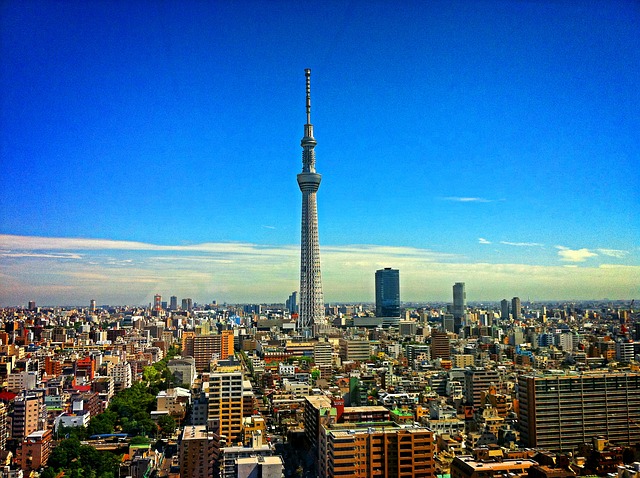When visiting Tokyo, it is helpful to be aware of the city’s culture. You want to assimilate with the locals without showing unintentional disrespect. Here is a look at certain traditions that may not be well-known to first-time visitors of Tokyo.
Historical Culture
Before visiting Tokyo, it is important to be aware of the area’s traditions and ancestry. Many customs have been in existence for centuries. Japanese people have deep cultural roots and continue to incorporate their beliefs into everyday life. Although some of the customs may seem unusual, learning how to act and blend with the residents will make your trip more enjoyable. It can also facilitate the preservation of the city’s rich heritage.
Address People with Respect
Japanese etiquette traditions are centred around respect. For example, bowing is extremely important. When greeting others, visitors may tip their heads down or bow at the waist. Also, bowing occurs as a part of other cultural activities, including tea ceremonies and martial arts events.
Conformity
Unlike American culture, Japanese society has a group-oriented focus. It is not customary to draw attention to yourself. Japanese people practice the “Sakoku” or “closed-country” policy. For 2,000 years following the founding of Japan, it has remained a racially homogeneous nation.
When visiting Tokyo, you should try to avoid standing out from the crowd. For instance, you should turn off your cell phone before entering crowded places, including public transportation.
Remove Your Shoes
In Tokyo, you must remove your shoes before entering a home or business. This includes your hotel. Upon your arrival at the Radisson Hotel Narita, you must leave your shoes at the door. If you do not enjoy walking in you bare feet, slippers can be worn; however, they must be removed before you step onto a rug.
Bathing
Tokyo is filled with bathhouses. Unlike Western society, a Japanese bath is entered after you have already washed and rinsed your body. It is a place to soak in hot water and relax. If you visit someone’s home, you will be allowed to have the first bath before dining. Since the water in the “ofuro” is meant to be kept pure, you must not leave any dirt behind.
Japanese bathhouses have a long tradition that began centuries ago with the natural hot springs in the area. Public bathhouses were first used as meeting places where individuals gathered to exchange news. Today, they are still popular and are used to unwind from the stresses of life.
Refrain from Tipping
Throughout Japan, it is not customary to give a tip. Waiters, taxi drivers, and other service workers may be insulted if you offer a tip. In this part of the world, the cost of the services you buy includes tips. In Tokyo, the price is the price and there is no need to pay more.


